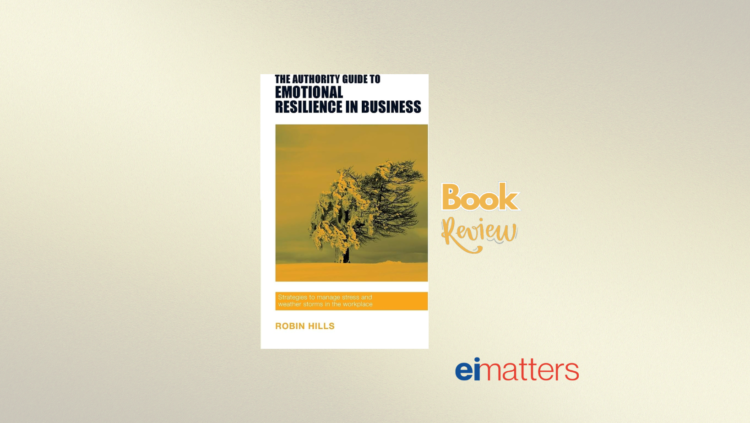Last Updated on March 26, 2023 by Editors Desk
Emotional resilience is the ability to bounce back from setbacks, adapt to change, and stay focused and motivated in the face of adversity. In this guide, we’ll show you how to develop emotional resilience in your business and overcome stress, setbacks, and challenges.
The world of business is not always an easy road to travel. As an entrepreneur, you will face many challenges, setbacks, and disappointments along the way. The ability to overcome these obstacles and bounce back stronger is what we call emotional resilience. Emotional resilience is not just a trait you are born with; it is a skill that can be developed and honed over time.
In this guide, we will explore the importance of emotional resilience in business and provide you with practical tips and strategies to help you build your emotional resilience. Whether you are a seasoned business owner or just starting out, this guide will equip you with the tools and knowledge you need to thrive in the face of adversity. So, let’s get started on the journey toward greater emotional resilience in business.
About the Author
Robin Hills is the director of Ei4Change and is based in the Greater Manchester area of the UK. He has over 30 years of commercial and leadership experience having worked in a variety of sales and marketing management roles. His special interest lies in emotional intelligence and linking together the outputs from assessments to give real practical relevance to improving effectiveness and productivity.
Handbook to Emotional Resilience in Business in Summary
“The Authority Guide to Emotional Resilience in Business” is a book that provides practical guidance for individuals and organizations to develop emotional resilience in the workplace. The author, Robin Hills, is an expert in emotional intelligence and leadership development.
The book is divided into three sections. The first section introduces the concept of emotional resilience and its importance in the workplace. It discusses the impact of emotions on performance and the benefits of developing emotional resilience.
The second section focuses on the skills and strategies needed to build emotional resilience. It covers topics such as self-awareness, emotional regulation, effective communication, problem-solving, and stress management. The author provides practical exercises and tools that readers can use to develop these skills.
The final section of the book explores how emotional resilience can be applied in the workplace. It discusses how to create a culture of emotional resilience, how to support employees’ well-being, and how to handle difficult situations such as conflicts and crises.
Overall, “The Authority Guide to Emotional Resilience in Business” is a concise and practical guide for individuals and organizations to develop emotional resilience in the workplace. It provides valuable insights and tools that can help improve performance, well-being, and success in the business world.
How may this book assist you?
It can help you understand the concept of emotional resilience and its importance in the workplace. By learning about the impact of emotions on performance and the benefits of developing emotional resilience, you can gain a deeper understanding of how to succeed in your career.
The book provides practical guidance on how to develop emotional resilience. It covers various skills and strategies such as self-awareness, emotional regulation, effective communication, problem-solving, and stress management. By following the exercises and tools provided, you can develop these skills and become more resilient in the face of challenges and adversity.
The book can help you apply emotional resilience in the workplace. It provides insights into how to create a culture of emotional resilience, support employee well-being, and handle difficult situations such as conflicts and crises. By applying these principles, you can create a more positive and productive work environment for yourself and your colleagues.
Overall, “The Authority Guide to Emotional Resilience in Business” can help you develop the skills and strategies needed to succeed in your career and thrive in the face of challenges.
Conclusion:
Emotional resilience is essential for success in business. It helps you stay focused, productive, and motivated, even in the face of adversity. By following the practical tips and strategies outlined in this guide, you can develop your emotional resilience and build a thriving business that can weather any storm. Remember, emotional resilience is a skill that can be developed and strengthened over time.
It takes practice, patience, and perseverance, but the rewards are well worth the effort. So, take the first step today and start developing your emotional resilience in business. The “Guide to Emotional Resilience in Business” is a valuable resource that you can use to help you on your journey. Keep it handy and refer to it often. With the right mindset and strategies, you can overcome any challenge and achieve your goals. Best of luck!



